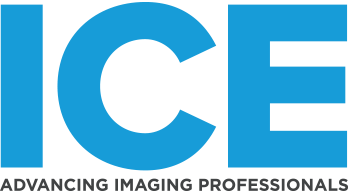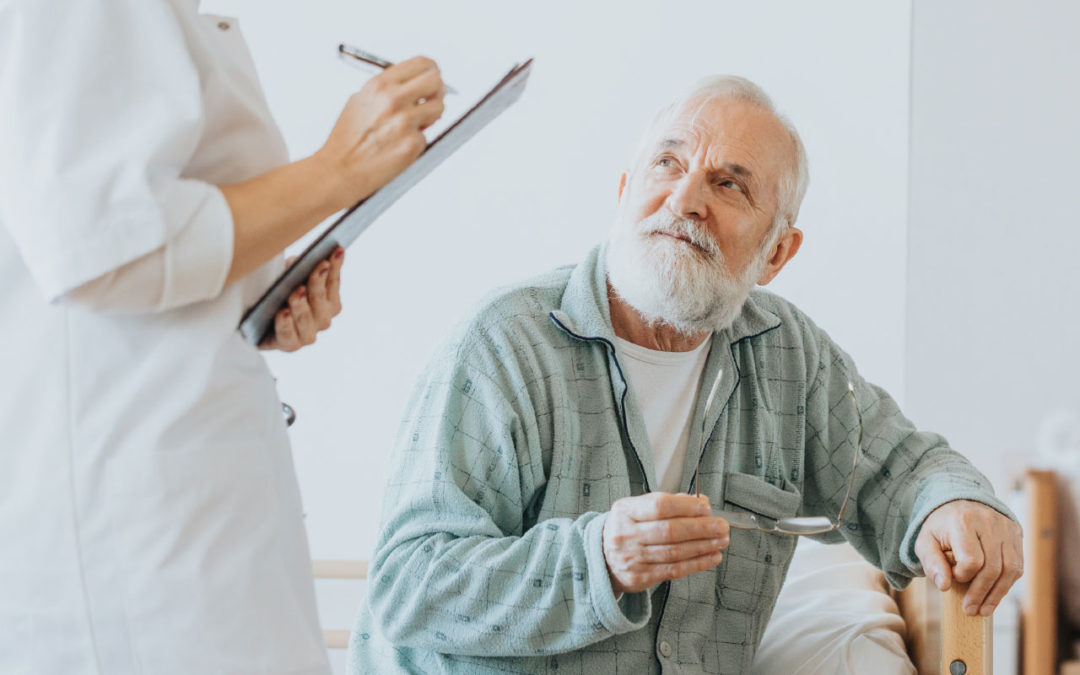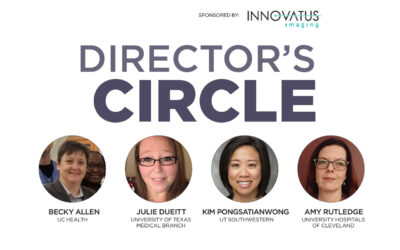
 I have spent much time when coaching and mentoring others talking about focusing on your personal why. I encourage others to really spend time in being clear with themselves about their personal why for their work. I wanted to use this forum to share a story about an event that has shaped my personal why.
I have spent much time when coaching and mentoring others talking about focusing on your personal why. I encourage others to really spend time in being clear with themselves about their personal why for their work. I wanted to use this forum to share a story about an event that has shaped my personal why.
I was about 10 years into my career as a nuclear medicine technologist and, to be honest, probably suffering a bit of professional burnout. One day, I was having a very bad day. It was what Judith Viorst would call “the terrible, horrible, no good, very bad day.” It was a day where I seemed to screw up everything I touched, and I had the most trying patients that day. Each patient was more disagreeable than the last and my mistakes just kept mounting until I finally got a quick break for lunch. I decided to run down to the cafeteria and grab something and hurried down the hall in a huff. I was walking so fast that my lab coat was billowing after me as I made my frustrated trek to the cafeteria. Then, I saw approaching me a little girl of about 5 or so walking hand and hand with, I assume, her grandmother. Something made me slow down a bit as we grew closer and when we were almost passing, the little girl’s blue eyes locked onto mine. She had tears welled up in her eyes, and it made me pause and force a smile. They stopped and I knelt down to get eye level with the little girl, and she said to me in a quivering voice, “Are you gonna fix my grandpa?” I said, “Yes, that’s what we do, we fix grandpas.” The cutest little smile crossed her face and she looked up at Grandma with a look that said, “See, it’s gonna be OK.” I stood up and Grandma just looked at me and mouthed the words “Thank you” and we continued our separate ways down the hallway.
As I walked I was overwhelmed with that seemingly small interaction which has shaped me and my journey every day since then. You see what that little girl made me realize is that when you boil it down to the purest form that is what we do. We fix people. There are many things that happen that try and take our mind off of this. Things like productivity, staffing issues, HR problems and the myriad fires in a day that try and keep us from fixing people. Through that noise, though, it still remains that what we should focus on is “fixing” people.
I also learned that day that all people deserve the very best care. This is not a political statement and I am sure there is room for debate about our health care system. What I mean is that sometimes we can get bogged down in frustration over this person or that person deserves our care or does not. This can really be challenging when faced with the rude, demanding or ungrateful patient. By narrowly focusing on the why, that I am here to “fix people” and not be the judge of who deserves it or not, it made interactions with those challenging patients so much easier on me. You see, everybody is important to someone. That little girl’s grandpa might have been the grumpiest patient on the floor and might have been giving the nurse a terrible time. That nurse may have been really frustrated and may not have even known that out there was a little girl with tears in her eyes worrying about her grandpa.
In my most challenging times, I often think back to that little girl and think somewhere there are people relying on me to do this so that their grandpa, grandma, spouse, sibling or child gets the very best care possible. It is not just about the patient in front of you, but everyone connected to that patient that you owe your very best self. This is always a thought in every single important decision that I am faced with, what is best for the patient? For me, I think of the patient as the grandpa and picture that little girl in the hallway. This has become one of the greatest sources of self-satisfaction in my work in that I can relate every task, no matter how small, back to the patient.
So, my dear colleagues and friends, the next time you are frustrated remember that you are fixing someone that is loved by someone else out there. Cut through the noise and distractions and remember your why. When faced with those hard tasks, remember you owe it to those counting on you to do the right thing, no matter how difficult.
Mario Pistilli, CRA, MBA, FACHE, FAHRA, is administrative director for imaging and imaging research at Children’s Hospital Los Angeles. He is an active member and volunteers time for ACHE and HFMA organizations. He is currently serving on the AHRA national Board of Directors. He can be contacted at mpistiili@chla.usc.edu.








